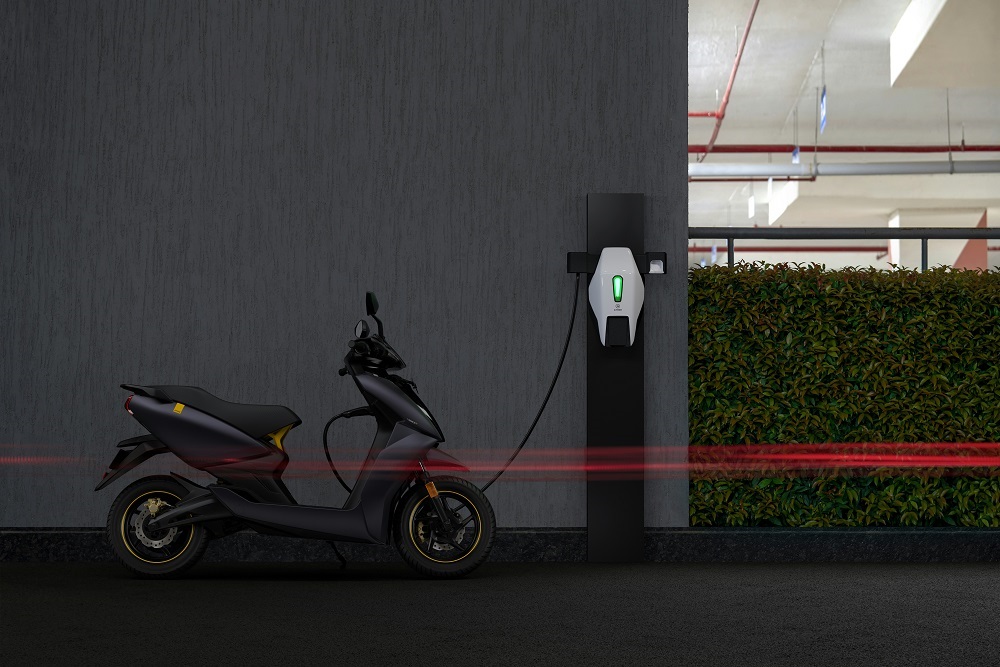For people and businesses exploring new ways to reduce their carbon footprint as well as minimize their contribution to man-made climate change, carbon offsetting is a rapidly growing area of research. While carbon offsetting has been around for a while, recent advancements in technology and innovation are opening new opportunities to combat global warming.
What is Carbon Offsetting?
Carbon offsetting helps in reducing carbon emissions. It operates on the principle that every time an individual travels or uses energy, carbon dioxide (CO2) is released into the atmosphere, which contributes to global warming. To offset this, funds are allocated towards projects that help reduce or eliminate the amount of CO2 produced. These projects include reforestation, renewable energy initiatives, and carbon reduction movements that aim to offset individuals' or businesses' carbon footprints.
The popularity of carbon offsetting projects has grown significantly due to the increase in awareness about the long-term devastating effects of climate change. By offsetting carbon footprints, individuals and businesses can make a tangible contribution to reduce greenhouse gas emissions and support sustainable development.
Read more: Embracing Sustainable Fashion: Sustainable Clothing & Fashion Brands in 2024
At the same time, it is important to understand that carbon offsetting cannot be viewed as a substitute to reduce carbon emissions at the source. It is a complementary strategy that can assist in achieving a net-zero future.
Emerging Carbon Offset Solutions and Innovations
Today, carbon offsetting has become an increasingly important part of organizational corporate social responsibility (CSR) initiatives. Many organizations are committing to becoming carbon-neutral or carbon-negative.
The concept of carbon neutrality involves achieving the right balance between the amount of CO2 emissions released vs the amount removed from the atmosphere through carbon offsetting activities. This demands a holistic approach that includes renewable energy investments, energy-efficient practices, and sustainability measures to reduce carbon emissions.
Carbon offsetting allows compensation for emissions by supporting projects that reduce emissions elsewhere. By committing to carbon neutrality, enterprises can reduce their environmental impact, enhance their reputation, attract environmentally conscious customers, and save costs by reducing their energy consumption.

-
Carbon Capture and Storage (CCS)
Carbon Capture and Storage (CCS) capture CO2 emissions from industrial activities like power plants, steel mills, and cement factories. The captured CO2 is compressed and transported to a storage facility, where it is stored underground in depleted oil and gas reservoirs. This technology is a crucial part of the solution to climate change as it can help reduce greenhouse gas emissions by almost 90%.
Read more: The Importance of Sustainable Data Centers in the Age of AI
-
Renewable Energy
Renewable energy sources have become increasingly cost-effective and accessible over the past decade. The cost of solar and wind power has dropped significantly, making them more competitive. The report by the International Renewable Energy Agency (IRENA) highlighted that the cost of solar and wind power is lower than the cost of new coal-fired power plants in major parts of the world. Renewable energy helps reduce CO2 emissions and provides significant economic benefits. The global renewable energy sector has created over 11 million jobs, potentially creating millions more in the coming years.
-
Electric Vehicles (EVs)
Electric vehicles (EVs) are growing rapidly and becoming increasingly popular as prices come down and technology advances. As per the International Energy Agency (IEA), the total number of electric cars on the roads globally is about 16.5 million. And this growth is expected to continue. IEA also predicted that there could be as many as 145 million electric cars on the road by 2030.
EVs emit fewer greenhouse gases than conventional gasoline-powered cars and are perceived as a crucial component in the transition to a more sustainable future. Along with their environmental benefits, EVs can help reduce the cost of vehicle ownership significantly.
-
Blockchain Technology
Blockchain technology is a transparent and secure database that offers an efficient means of recording and tracking transactions. It can revolutionize carbon offsetting by enabling transparency and accountability in carbon credit trading. Blockchain can help create a secure ledger that can track the emissions reductions achieved by carbon offset projects.
Read more: Measuring the ROI of Sustainability to Drive Profitability and Purpose
By using blockchain technology, organizations can easily track the carbon offset projects they have invested in. This will help ensure that the funds are being used for their intended purposes. Moreover, blockchain also enables the creation of new carbon offset projects by facilitating the trading of carbon credits on a secure platform.
-
Low-Carbon Buildings
Low-carbon buildings are a significant innovation in carbon offsetting, as they help reduce emissions from the built environment. A recent survey highlighted that buildings consume almost 40% of global energy and 33% of greenhouse gas emissions. This further highlights the significance of this technology in the fight against climate change.
Low-carbon buildings help reduce emissions by utilizing energy-efficient technologies and environmentally friendly building materials like recycled steel and concrete and low-VOC paints. The buildings can be designed to incorporate solar panels, geothermal heating and cooling systems. Low-carbon buildings can be built to be more resilient to climate change impacts by using innovative techniques like green roofs and permeable pavement.

Carbon-offset Opportunities
The digitization of carbon-market infrastructure has made it easier for carbon credits to be divided up and traded on mobile apps, payment transfer systems, and embedded finance functionalities on user platforms. Blockchain technology can remove impediments to suppliers by making it easier for like-minded consumers to raise funds for small-scale activities. Carbon offsets can assist in connecting consumers to climate change mitigation projects.
Carbon offsetting is also becoming common in the travel and tourism industry. Tour operators purchase offsets to neutralize the impact of their consumers’ trips.
Read more: Exploring ESG Investment Options: Ways Your Business Portfolio Can Save the Planet
To combat the negative effects of greenhouse gases, it is important to reduce emissions and actively remove carbon dioxide from the atmosphere. Various organizations are adopting measures to reduce their carbon footprint. They are leading the way in the fight against climate change by adopting innovative solutions. In conclusion, carbon offsetting offers a game-changing solution to combat climate change.
Over time, the momentum for these carbon transactions is likely to spur local economies, enabling restaurants to recommend carbon credits that help nearby farmers upgrade to more regenerative practices. Financial firms will also play a pivotal role in empowering consumers to purchase offsets.
A leader in ESG Services, SG Analytics offers bespoke sustainability consulting services and research support for informed decision-making. Contact us today if you are searching for an efficient ESG (Environmental, Social, and Governance) integration and management solution provider to boost your sustainable performance.
About SG Analytics
SG Analytics (SGA) is an industry-leading global data solutions firm providing data-centric research and contextual analytics services to its clients, including Fortune 500 companies, across BFSI, Technology, Media & Entertainment, and Healthcare sectors. Established in 2007, SG Analytics is a Great Place to Work® (GPTW) certified company with a team of over 1200 employees and a presence across the U.S.A., the UK, Switzerland, Poland, and India.
Apart from being recognized by reputed firms such as Gartner, Everest Group, and ISG, SGA has been featured in the elite Deloitte Technology Fast 50 India 2023 and APAC 2024 High Growth Companies by the Financial Times & Statist.









